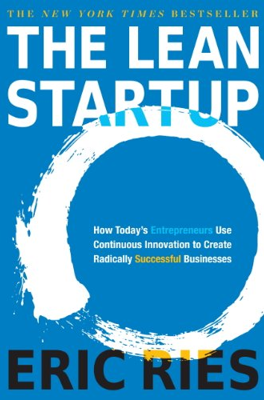Leap
The Essence of Strategy in Startups
The strategy for startups is fundamentally based on testing assumptions rather than fully crafted detailed plans. Eric Ries emphasizes that every business plan begins with assumptions that need validation. He argues that startups should focus on "genchi gembutsu," a Japanese term from the Toyota Production System meaning "go and see for yourself." This principle advocates for an in-depth understanding of customer needs through direct experience rather than abstract data analysis. The critical point is that assumptions in business plans, especially those classified as leaps of faith, must be rigorously tested through actual customer interaction and empirical data to validate the business hypothesis.
Facebook's Leap of Faith
The story of Facebook's early funding, despite minimal revenue, illustrates this principle of strategic assumption testing. The company's ability to engage users effectively and grow rapidly without significant marketing investments impressed investors. These factors tested and validated Facebook’s growth and value hypotheses, important leap-of-faith questions for any startup. The challenge for other startups trying to mimic such success lies in conducting experiments relevant to their unique contexts to discern what methods suit their specific strategies.
The Analogs and Antilogs Framework
Ries introduces the concept of "analogs" and "antilogs" using the iPod as an example to demonstrate how entrepreneurs can use comparative analysis to identify which assumptions need detailed testing. This concept helps in distinguishing between reliable assumptions based on proven models (analogs) and risky ones based on models that failed (antilogs). This differentiation aids in focusing on critical uncertainties that need validation.
Value and Growth Hypotheses
In considering the value and growth hypotheses, Ries asserts that determining whether a product or service is fundamentally value-creating is the first crucial step. Startups must understand not just how to grow, but why their growth pathways will sustain value over time. Misguided growth strategies can lead businesses to appear successful without laying a foundation for real value, leading to what Ries calls "success theater."
Practical Application: Customer Interaction
Finally, Ries advocates that entrepreneurs must actively engage with customers to test their business assumptions. This approach aligns with the lean principle of "getting out of the building," encouraging direct interactions rather than relying on abstract market research, which can lead to analysis paralysis. Entrepreneurs need to focus on building a minimum viable product (MVP) to start the learning process as efficiently as possible, as discussed in the forthcoming chapters.
